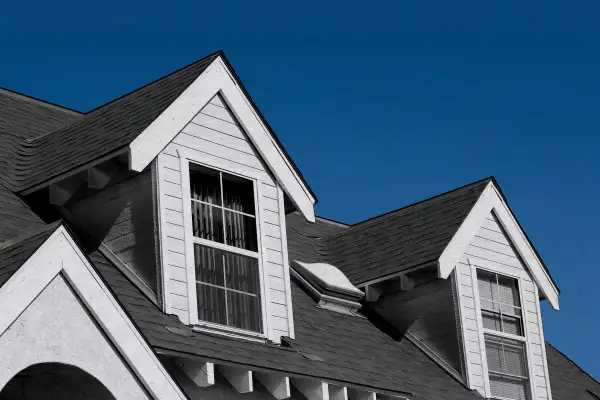As Home Prices Soar, More People Say Buying a House Is a Bad Investment

Conventional wisdom says that buying a home is a good investment: It allows you to build wealth as the house appreciates and you aren't paying rent to a landlord. But even as home values climb to new highs, a growing portion of Americans aren’t convinced that buying is the right move.
A new survey from Morning Consult finds that the share of adults who said purchasing a home in their neighborhood is a bad investment was 12% in February — up 4 percentage points from the same month last year.
This may sound surprising. Home prices are continuing to rise, and home values are appreciating at record rates. New data released last week from real estate listing platform Zillow show that home appreciation in 2021 surpassed median income in 25 out of 38 metropolitan areas. In San Jose, California — a city with a median annual income of $93,000 per year — the typical home gained $229,277 in value in 2021, according to Zillow. That’s quite the return on investment.
"More than anything, 2021 was a year of haves and have-nots, and the chasm between the two widening throughout," Zillow economist Nicole Bachaud said in a news release. "Those who owned a home saw their household wealth increase dramatically."
Is buying a house a good investment?
Of course, the same factors that are pushing home values higher are also making it more difficult for people to afford homes in the first place.
A huge surge in demand during the pandemic combined with supply chain snags has created a serious shortage of new inventory. Add rising mortgage rates (and the accompanying pressure to lock in a monthly payment before rates get even higher), and you have a recipe for soaring housing costs.
Morning Consult’s report suggests that “recent pessimism" surrounding the investment potential of buying a home "could be the result of rising interest rates, as some consumers may feel that they missed the boat for affordable loans.”
The report adds that “others may simply view current prices as prohibitively expensive, limiting their ability to afford other expenses or potential investments with a relatively higher payoff.”
In other words, real estate is so expensive now that other investments might make more sense than a home purchase does. It's also easy to see that purchasing a home before the recent spike in prices would have made for a better investment compared to buying today.
Even in the best of situations, buying a home is not a good investment for everyone. In a blog post last year, I Will Teach You To Be Rich author Ramit Sethi wrote that for many Americans, buying a house “doesn’t make sense for financial or lifestyle reasons.” He cautioned potential buyers against assuming that home values will rise (there’s no guarantee that they will) and said there are lots of reasons that a home purchase could be more expensive than you anticipate thanks to taxes, fees and unexpected repairs. This is especially true if you don’t plan to live in the house for the long haul.
“If you know that you want to move in fewer than 10 years,” he writes, “you will likely make more money by renting and investing in S&P index funds.”
Of course, renters aren’t immune from rising prices, either: Zillow found that annual rent expenses grew by 16% in 2021, and a one-year lease on a typical rental was $3,072 more expensive at the end of 2021 than it was at the start.
More from Money:
10 Cities Where Homebuyers Are Most Likely to Face Bidding Wars
Homebuyer Heartbreak: 4 Facts That Show How Much Harder It Is to Buy a House Now
